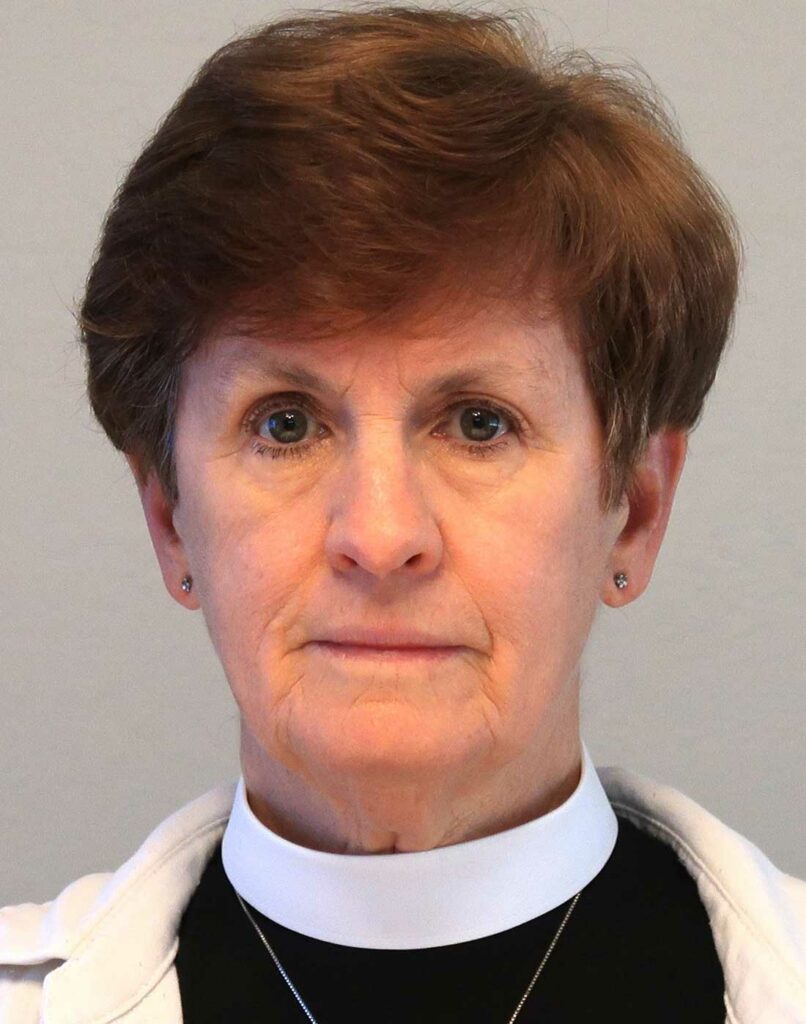Deep in the faith of most Americans is the belief that there is a “Just God,” regardless of which religious faith one follows.
Even those who approach this universe primarily from a scientific view, note that “how things work” points to an order that must be continually justified, realigned when things get out of order.

Three religions—Judaism, Christianity and Islam—share a tradition of the Prophet Jacob, the grandson of Abraham, founder of these religions.
There is so much one could write about this faithful prophet whose 12 sons developed the Nation of Israel.
One seminal story of this complicated leader, which is apt for today’s world of chaos and confusion over “who is in charge” of the order we seek, is the story of Jacob wrestling with God during a sleepless night.
Jacob has lived his entire life claiming he is to receive extra blessings from his family and God. His strength comes in continually following his God of Justice, even to the point of arguing with God in his sleep. In this disturbed sleep, Jacob finds himself wresting with “a man,” an “angel” or messenger of God, we say. This tug-of-war inside Jacob between his faithful self, which wanted to be in relationship to God in the best of ways, is in conflict with his human desire for power and self-importance. This is a genuine struggle many would have simply walked away from. But not Jacob.
He is called to be the leader God needs. Jacob “wins the battle” by staying in the conversation with God, receiving God’s blessing and a new name, Israel. But Jacob doesn’t leave unscathed: God “struck him on the hip socket; and Jacob’s hip was put out of joint (Genesis 32:25b).” Jacob got his blessing, but his limp reminded him to admit God is in charge, not humans.
In the Christian New Testament Bible, we sometimes pair Jacob’s story of “wrestling with God” with a story Jesus tells of humans arguing for God’s Justice.
It is a parable of a widow, who absolutely knows she has rights (Luke 18:1-8). A woman alone was shunned as having no authority without a man to speak for her, yet she approaches a judge demanding her rights.
In Jesus’ story this widow shows faithfulness, seeking justice from an unjust judge: she goes day after day to make her case, never giving up.
She stays in the conversation, arguing her rights before this judge, until one day he decides he is tired of her persistence.
He relents and gives her the justice she is owed. Like Jacob, the widow receives her “blessing.” Her exhaustion in making her case is resolved, and justice has realigned once again to God’s purposes.
These stories are told today to remind us of the importance of persistence in our prayer for God’s mercy.
To show up and demand that justice must prevail. All of us are called to listen to the truth of God’s justice for our day, in our time.
In the United States of America of the 21st century, there are deep divides threatening to unravel 250 years of citizens choosing to follow rules of justice for our democracy.
Our faiths teach us to stay in the conversation. We must make arguments for the rule of law that keep our freedoms, while challenging tyranny that abuses the vulnerable, who also have rights.
Justice must prevail, and we are the ones who must persist in seeking that justice, for all.
The Rev. Mary B. Blessing, a longtime resident of Morgan Hill, is the Episcopal Priest of the Episcopal Diocese of El Camino Real. She is an active member of Interfaith Clergy Alliance of South County.














